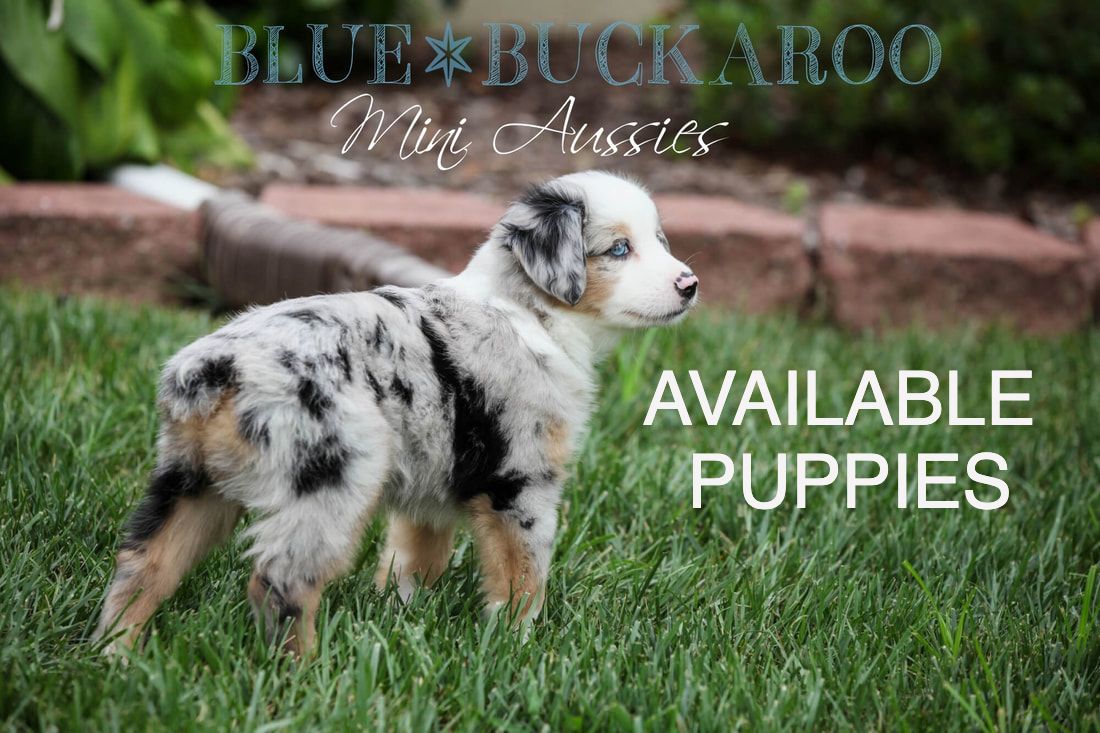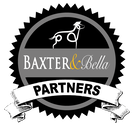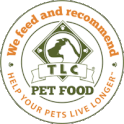The Do's and Don'ts of Puppy Ownership
Do take your puppy to the vet at the appropriate age for your puppies next shots.
Don't put your puppy on the ground where unknown animals have been until he's
had all his puppy shots. This is how he picks up diseases.
Do Introduce loud noises (vacuum cleaners, hair driers, etc.) carefully and
slowly. Lifetime phobias for your puppy are imprinted during these early months.
Don't allow your puppy to become unnecessarily frightened in his first few
months of life.
Do make sure your puppy gets lots of rest because they tire quickly. Be aware
of signs of hypoglycemia in small puppies.
Don't overtax your new puppy.
Do make sure your puppy interacts with friendly and safe playmates.
Don't allow your puppy around dogs you don't know to be safe and friendly or
around rough children. Your puppy is breakable.
Do reward good behavior when you are crate training.
Don't ignore your puppy's whining when confined in his crate. Take him out to
potty, even if it hasn't been long since his last visit outside and you suspect he
just wants attention. If he goes to the bathroom, praise him and allow him to
remain out of his crate for a while. If he doesn't, return him to the crate. However,
don't reward your puppy for whining by taking him out of his crate just to play or
cuddle. Wait until he's quiet - then take him out!
Do set rules, boundaries and limitations. Accustom your puppy to quiet times
and being alone for short periods of time. This will prevent separation anxiety
later.
Don't allow your puppy to expect to always be held or played with.
Do know that love and attention are just as important as food and air to an
animal who was born to be a companion to his master.
Don't allow your puppy to feel abandoned by leaving him unattended for long
periods of time.
Do praise your puppy for good behavior and praise often. Praise is a stronger
motivator than harsh words or discipline for a puppy who lives to please.
Don't spoil your puppy. Don't let your puppy do things that you don't want them to
do as an adult dog.
Do take your puppy to lots of new places. Do feed & water your puppy in
different types of dishes, in different rooms, in or out of his crate, on different
surfaces. This will eliminate him not wanting to eat when you take him on a trip.
Don't wait to start training and socializing your new puppy. The first few months
are a critical period in his development and you can't get this time back!
Don't put your puppy on the ground where unknown animals have been until he's
had all his puppy shots. This is how he picks up diseases.
Do Introduce loud noises (vacuum cleaners, hair driers, etc.) carefully and
slowly. Lifetime phobias for your puppy are imprinted during these early months.
Don't allow your puppy to become unnecessarily frightened in his first few
months of life.
Do make sure your puppy gets lots of rest because they tire quickly. Be aware
of signs of hypoglycemia in small puppies.
Don't overtax your new puppy.
Do make sure your puppy interacts with friendly and safe playmates.
Don't allow your puppy around dogs you don't know to be safe and friendly or
around rough children. Your puppy is breakable.
Do reward good behavior when you are crate training.
Don't ignore your puppy's whining when confined in his crate. Take him out to
potty, even if it hasn't been long since his last visit outside and you suspect he
just wants attention. If he goes to the bathroom, praise him and allow him to
remain out of his crate for a while. If he doesn't, return him to the crate. However,
don't reward your puppy for whining by taking him out of his crate just to play or
cuddle. Wait until he's quiet - then take him out!
Do set rules, boundaries and limitations. Accustom your puppy to quiet times
and being alone for short periods of time. This will prevent separation anxiety
later.
Don't allow your puppy to expect to always be held or played with.
Do know that love and attention are just as important as food and air to an
animal who was born to be a companion to his master.
Don't allow your puppy to feel abandoned by leaving him unattended for long
periods of time.
Do praise your puppy for good behavior and praise often. Praise is a stronger
motivator than harsh words or discipline for a puppy who lives to please.
Don't spoil your puppy. Don't let your puppy do things that you don't want them to
do as an adult dog.
Do take your puppy to lots of new places. Do feed & water your puppy in
different types of dishes, in different rooms, in or out of his crate, on different
surfaces. This will eliminate him not wanting to eat when you take him on a trip.
Don't wait to start training and socializing your new puppy. The first few months
are a critical period in his development and you can't get this time back!




